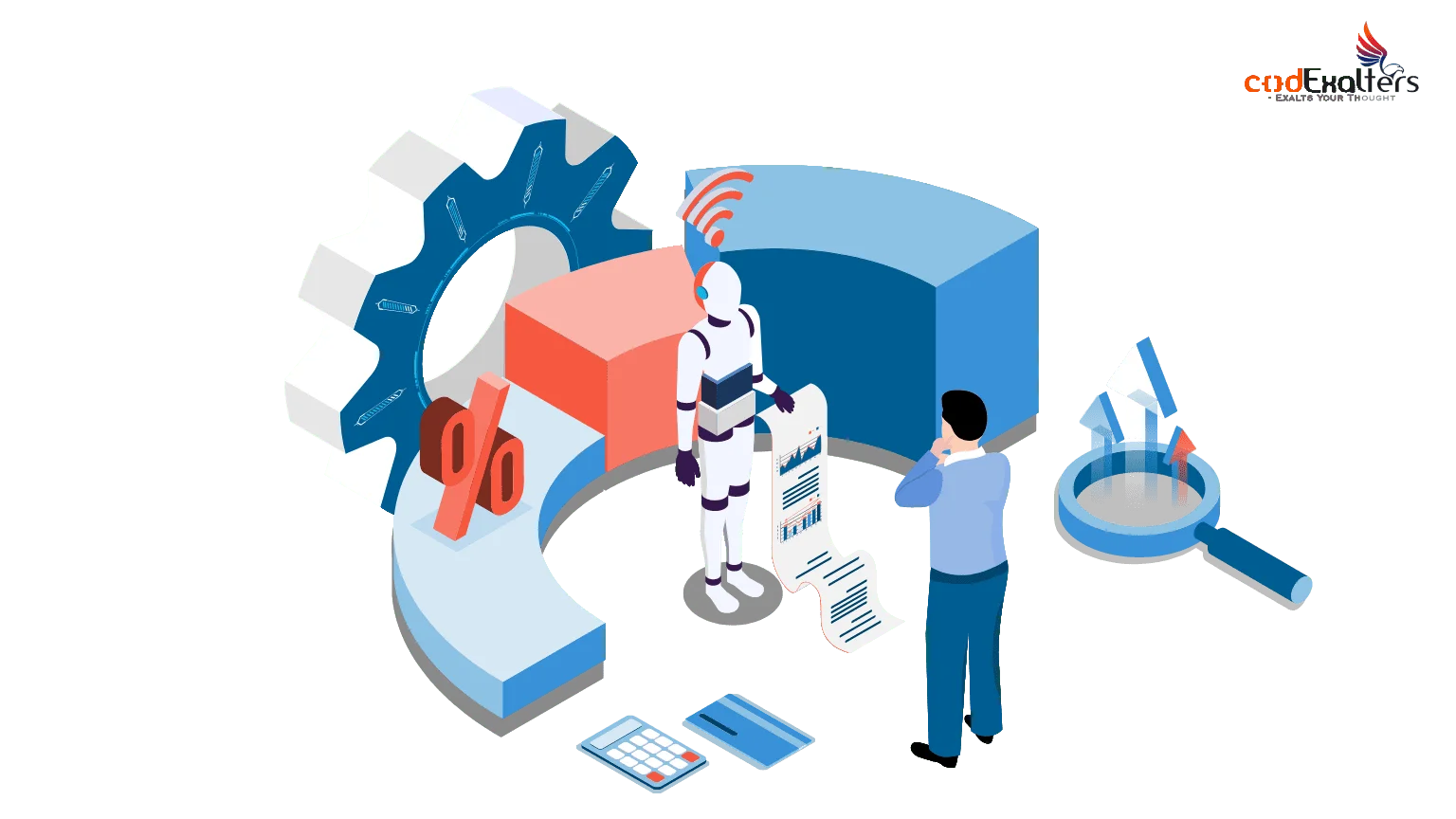Healthcare:
AI has transformed healthcare by improving diagnostics, personalized treatment plans, and drug discovery. AI-powered medical imaging can help detect diseases like cancer, while AI-driven algorithms can analyze patient data to identify potential health risks and provide more accurate diagnoses.
Finance:
In the finance industry, AI is utilized for fraud detection, algorithmic trading, and credit risk assessment. AI-powered chatbots also enhance customer service, providing quicker and more accurate responses to inquiries.
Transportation:
AI has had a profound impact on transportation, especially with the development of autonomous vehicles. Self-driving cars and trucks have the potential to improve road safety, reduce traffic congestion, and optimize logistics.
Retail:
AI is used in retail for demand forecasting, inventory management, and personalized customer experiences. AI-powered recommendation systems analyze customer data to suggest products and services tailored to individual preferences.
Marketing and Advertising: AI enables businesses to target specific audiences more effectively, analyze customer behavior, and optimize digital advertising campaigns for better results and higher ROI.
Manufacturing:
AI-driven automation and robotics have streamlined manufacturing processes, increasing productivity, reducing errors, and minimizing production costs.
Education:
AI is transforming education through personalized learning platforms, automated grading systems, and virtual tutoring, which can adapt to individual student needs and enhance the overall learning experience.
Energy and Utilities:
AI is used in energy management to optimize power consumption, predict equipment failures, and increase the efficiency of renewable energy sources.
Agriculture:
AI technologies, such as precision agriculture and drones, help monitor crop health, manage irrigation, and optimize resource usage, leading to increased productivity and sustainability.
Customer Service:
AI-powered chatbots and virtual assistants provide instant and personalized support to customers, reducing response times and improving overall customer satisfaction.
there are also concerns about the potential risks of AI, such as job displacement, bias, and privacy issues. As AI becomes more advanced and integrated into our daily lives, it is essential to consider these risks and work towards creating ethical and responsible AI systems.









